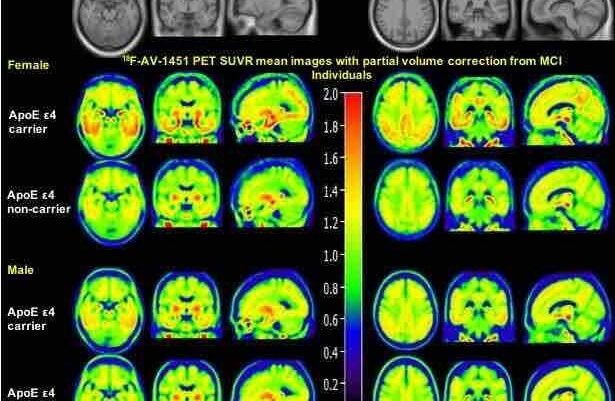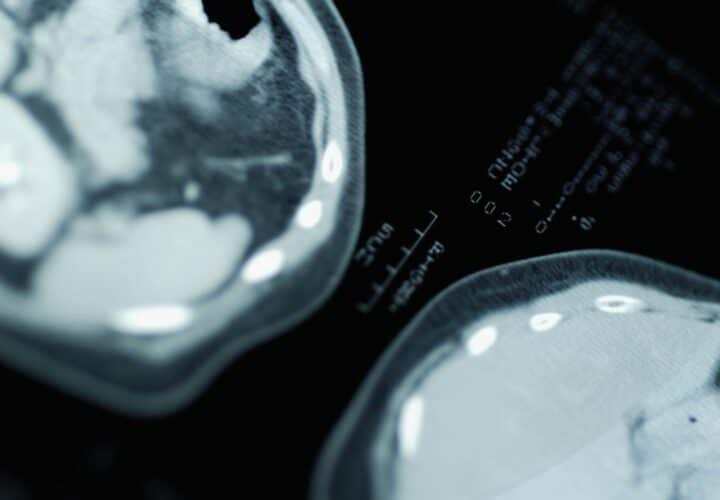What does APOE3 mean for Alzheimer's?
Alzheimer’s is a complex disease, one that scientists believe is caused by a combination of genetic, lifestyle and environmental factors that can impact our brain over time. And while research is growing into all three elements, scientists are increasingly focusing on the genetic component of the disease. Recently researchers identified a rare gene mutation that seemingly prevented a Colombian woman from developing Alzheimer’s for decades.
The woman outlined in that study carried the APOE3 Christchurch—or APOE3ch—gene, which appeared to delay the development of Alzheimer’s disease until her 70s, though she was at high risk of having the early onset Alzheimer’s, which can appear decades earlier. Now, more researchers are delving into the workings of the APOE gene, hoping it holds further clues to stemming progression of the disease.
In the most recent development, another study has provided preliminary evidence that our genes—specifically the APOE gene—could ultimately be the basis for preventing or treating Alzheimer’s. By studying thousands of cases of people with Alzheimer’s, scientists at the Banner Alzheimer’s Institute in Phoenix found that certain variants of the APOE gene provide more protection against Alzheimer’s.
“Finding and targeting the factors by which APOE and its variants influence Alzheimer’s disease could have a major impact on the understanding, treatment, and prevention of this terrible disease,” Dr. Eric Reiman of the Banner Alzheimer’s Institute in Phoenix wrote in a scientific paper that has been submitted for review.
The study is still currently being peer-reviewed and hasn’t been published. While the authors have declined speaking to the media, as is standard before publication of a paper, Stat News explains that the APOE gene has three variants.
APOE3, which is the most common, is considered neutral for Alzheimer’s risk. Only 5 percent of the population has APOE2, which is considered to reduce the risk of developing Alzheimer’s. APOE4, which is found in about 20 percent of the population, is seen as bringing an increased risk of the disease.
In addition to mutations and different types of APOE, it turns out that a person’s ancestry may also define how this gene plays out.
One new study out of the University of Washington (UW) School of Public Health analyzed 3,000 Caribbean Hispanics and found that a person’s ancestry may also play a role in the gene’s association with Alzheimer’s.
That study examined APOE E2 (the one with protective factors) and APOE E4 (the one associated with a higher risk of Alzheimer’s), and found that the ancestry of people who inherited APOE E4 played a role in determining their risk of developing Alzheimer’s.
“Caribbean Hispanic individuals who inherited their APOE E4 from European ancestors had greater risk of Alzheimer’s disease compared to individuals who inherited APOE E4 from African ancestors, after adjusting for other known risk factors,” Tim Thornton, associate professor of biostatistics at the UW School of Public Health, said in a news release.
More research will be needed to build on all of these findings, in order to pave the way for a potential therapeutic target.




